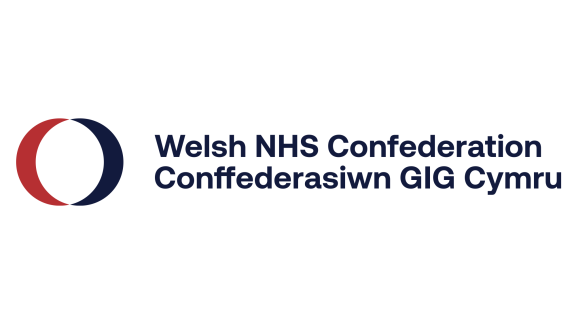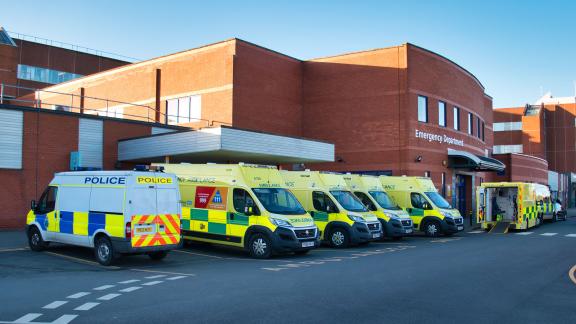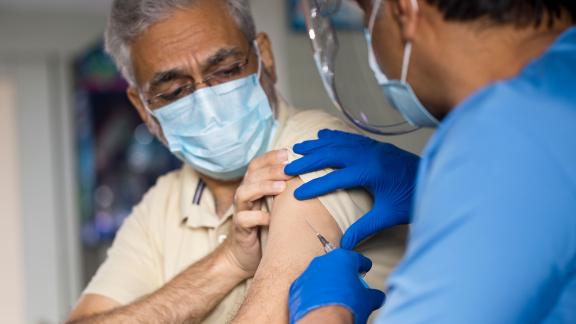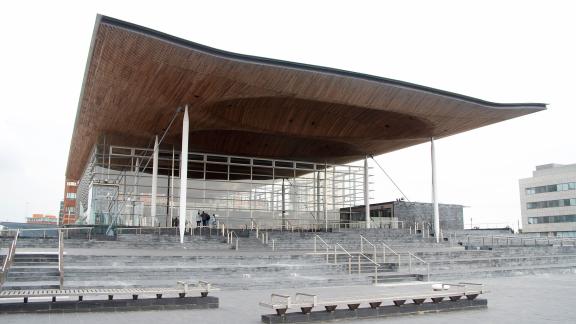After challenging summer, incredibly difficult winter lies ahead

Aside from high levels of demand, this summer the NHS has had to deal with an outbreak of monkeypox, record-breaking heatwaves and a cyber attack. The impact of these, while incomparable to that of Covid, cannot be underestimated.
As the last day of summer comes and goes, we’ve been reflecting on all that’s happened in recent months. Usually more stable than the winter months, NHS leaders have told us this summer has felt notably challenging, with levels of demand on the health and care system at record highs, alongside continuing workforce and financial constraints.
NHS Wales performance statistics for June and July painted an alarming picture of an NHS under severe strain. Figures included the highest ever number of red (life threatening) calls to the ambulance service and emergency department attendances were similarly as high as the previous month, with just under 3,000 per day, on average.
Despite the demand across the whole health and care system, there have been some small signs of improvements, including the longest waiters (those waiting over two years) decreasing for the third month in a row. This shows the unrelenting hard work and determination of staff across the NHS who put their all in, day in day out, for the people of Wales.
Aside from high levels of demand, this summer the NHS has had to deal with an outbreak of monkeypox, record-breaking heatwaves and a cyber attack. The impact of these, while incomparable to that of Covid, cannot be underestimated. Yet in the face of adversity, we’ve seen the NHS and its partners step up with astonishing speed, showing its true resilience and heart.
As we move forwards into what is set to be the most difficult winter on record, governments must be realistic with the public on what to expect from the NHS
We know things will likely worsen over the winter, when we expect to see elevated levels of flu, norovirus and potential further Covid variants. We will of course have the autumn booster rollout for those most in need, which gives some hope of bolstering the NHS’ Covid response this winter. Despite each new variant’s increasing transmissibility, there’s no doubt that vaccines have been instrumental in reducing the level of impact on both individuals and the health and care system.
As we move forwards into what is set to be the most difficult winter on record, governments must be realistic with the public on what to expect from the NHS - messages of ‘Help Us Help You’ have never been more crucial. Work is ongoing every day to improve and transform services and processes so that more patients can be seen in the right place and at the right time and, ultimately, have the best possible outcomes for their health and wellbeing.
Without further funding and resources from the UK and Welsh governments, the health and care system cannot be expected to deal with the considerable challenges ahead.
But to avoid putting the NHS under the most pressure it’s ever experienced and pushing it to its absolute limits, changes must be made. Without further funding and resources from the UK and Welsh governments, the health and care system cannot be expected to deal with the considerable challenges ahead. As we highlighted in an interview with ITV Cymru Wales this week, rising energy costs are adding to existing financial pressures which, if left unsupported, will undoubtedly result in health and care leaders facing the most difficult of choices.
As we collectively face this challenge head on, we look forward to hosting an inspiring and thought-provoking conference and exhibition, back in person for the first time since February 2020. With a fantastic line-up of over 50 speakers, panellists and chairs across a breadth of subject areas, we hope to motivate leaders from across the health and care sector.
Not only do we hope to offer new perspectives from experts within and outside of health at our annual conference, but the opportunity to network in itself is welcome and needed after such a lengthy period of time working virtually, allowing for more connections to be made, further enabling all-important partnership working.
If you haven’t already, we encourage you to take a look at the programme and join us in two weeks for what is shaping up to be the health and care event of the year.



